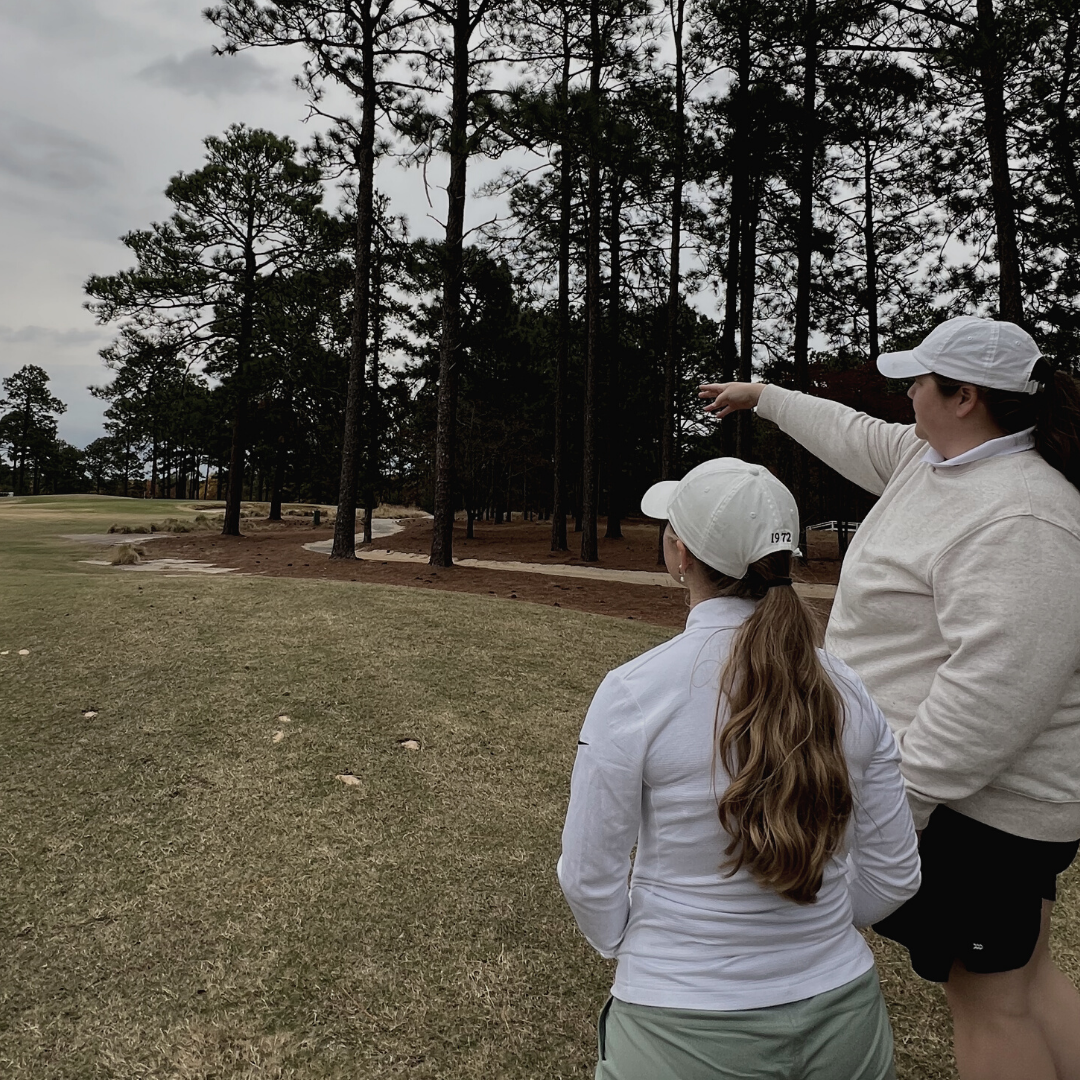While your performance on the course is crucial, the way you communicate can be just as important in leaving a lasting impression. College coaches are not only looking for skilled athletes but also for mature, professional individuals who will contribute positively to their teams. Here’s how to master your communication skills and connect effectively with college coaches.
1. Start Early and Be Proactive
Don’t wait for college coaches to find you—take the initiative to introduce yourself. Start reaching out during your sophomore or junior year of high school to get on their radar early. Be mindful of NCAA rules, which dictate when coaches can respond to recruits, but don’t let that stop you from expressing interest.
Being proactive shows coaches that you’re serious about your future and willing to put in the effort.
2. Research Before You Reach Out
Before contacting a coach, do your homework. Learn about the school’s golf program, team culture, and recent achievements. Familiarize yourself with the coach’s background and coaching style.
This research will allow you to tailor your message and demonstrate genuine interest in their program. A personalized email or call is far more impactful than a generic, copy-pasted message.
3. Craft a Polished Email
Email is often the first point of contact with a coach, so make it count. A well-written email should be concise, professional, and informative. Include:
- A Clear Subject Line: Example: “Prospective Golfer – [Your Name] – Class of [Graduation Year]”
- A Brief Introduction: Mention your name, high school, graduation year, and where you’re from.
- Why You’re Interested: Explain why you’re interested in their program and what makes it a good fit for you.
- Key Accomplishments: Highlight your golf and academic achievements.
- Tournament Schedule: Let them know where they can watch you play.
- Contact Information: Provide your email, phone number, and links to your golf resume or recruiting profile.
4. Be Professional in All Interactions
Whether you’re communicating via email, phone, or in person, professionalism is key. Use proper grammar and avoid slang. Speak clearly and confidently, and always address coaches by their proper title (e.g., “Coach Smith”).
Timeliness is also crucial. Respond promptly to emails or messages and follow up if you don’t hear back after a reasonable amount of time (typically 7-10 days).
5. Prepare for Phone Calls and Meetings
When a coach calls or schedules a meeting, be ready to discuss your goals, achievements, and interest in their program. Prepare thoughtful questions to ask, such as:
- “What qualities do you look for in your players?”
- “What does a typical week look like for your team during the season?”
- “How does your program support student-athletes academically?”
These questions show that you’re serious about understanding the program and envisioning yourself as part of the team.
6. Show Gratitude and Follow Up
Always thank coaches for their time after any interaction. A quick email or handwritten note expressing your appreciation goes a long way in demonstrating your character.
7. Stay Persistent but Respectful
The recruiting process can take time, and not every coach will respond immediately. While persistence is important, avoid being overly aggressive or pushy. Space out your follow-ups and continue improving your game while staying professional.
8. Leverage Your Support Network
Parents, coaches, and mentors can play a valuable role in communication with college coaches. They can offer guidance, proofread your emails, and help you prepare for interviews. However, remember that this is your journey—coaches want to hear from you, not your parents.
Mastering your communication skills is just as important as perfecting your swing when it comes to college golf recruiting. By being proactive, professional, and authentic in your interactions, you can make a positive impression on college coaches and pave the way for a successful recruiting journey.
Remember, every message and conversation is an opportunity to showcase not just your talent, but also your character. Embrace the process, stay confident, and keep working toward your goals.
We hope that you have found new ways for you to communicate with college coaches. For more posts like this one, check out our blog here: Path Fore Success Blog. You can also follow us on Instagram & Twitter for more!












